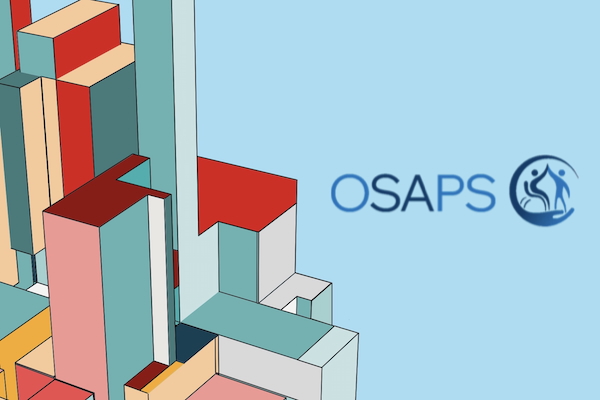
On Tuesday 1 July 2025, Luxembourg’s Ministry for Family Affairs, Solidarity, Living Together and Reception of Refugees announced the launch of a new national authority: the Office for the Oversight of Product and Service Accessibility (OSAPS).
Luxembourg’s Minister for Family Affairs, Solidarity, Living Together and Reception of Refugees, Max Hahn, introduced the office as part of the implementation of the Law of 8 March 2023, which sets out accessibility requirements for a wide range of products and services.
According to the ministry, OSAPS will act as Luxembourg’s central authority on accessibility, overseeing compliance of products and services on the national market. The office will also issue guidelines and provide tools and tailored advice to help companies enhance accessibility in their products and services. In addition, individuals may report a product or service that fails to meet accessibility requirements directly to OSAPS.
“Achieving a truly inclusive society requires ongoing effort across every sector - we all share responsibility,”said Minister Hahn. “The law on accessibility for public spaces marked a crucial step forward. Yet many essential products and services remain out of reach for people with disabilities. With the creation of OSAPS, we are continuing our commitment to a barrier-free society.”
The Accessibility Law of 8 March 2023 applies to a broad selection of products and services, including:
Products
- consumer IT equipment such as computers, smartphones and tablets, along with their operating systems;
- payment terminals, check-in kiosks, cash machines and ticket dispensers (excluding those onboard vehicles);
- internet-connected televisions (smart TVs) and audiovisual service devices;
- e-readers.
Services
- electronic communications services (e.g. telephone and internet);
- access to audiovisual media services (e.g. video on demand, replay platforms);
- pre-recorded audio or video content made available via websites or apps (excluding archived material);
- passenger transport services (air, bus, rail, boat) including their websites and apps, subject to specific exemptions;
- online banking, digital payment platforms and electronic money services;
- e-books;
- e-commerce;
- the European emergency number 112 and other national emergency services.
The ministry stated that “by making these products and services accessible, the law aims to improve daily life for at least one in five adults”.
Both private sector operators and certain public sector bodies, particularly in the transport and mobility sector, fall under the scope of the law. However, micro-enterprises - defined as businesses with fewer than ten employees and an annual turnover or balance sheet not exceeding €2,000,000 - are exempt from the legal requirement to comply. Despite this, the ministry stated that removing accessibility barriers remains beneficial for these companies, as it helps to broaden their customer base.
The ministry also announced that a transition period runs until 28 June 2030. During this time, service providers may continue using legacy products that were legally in use before the law came into force.








